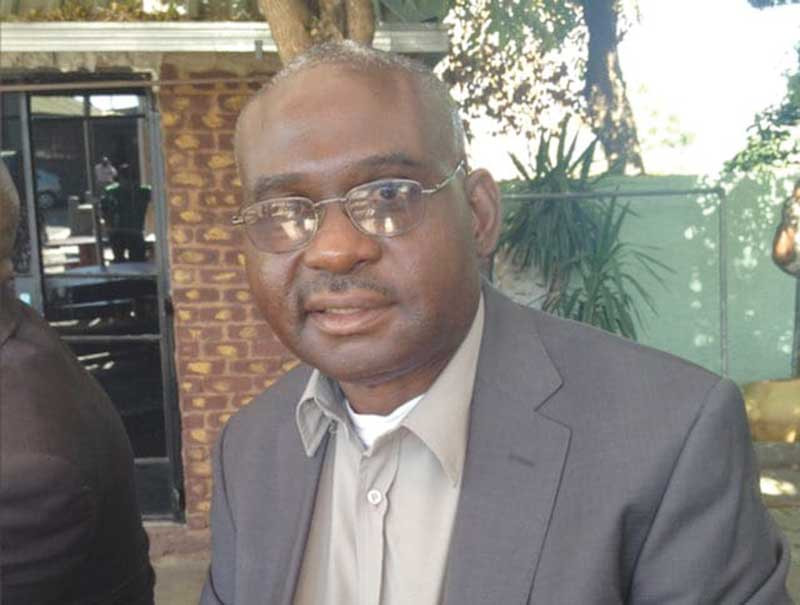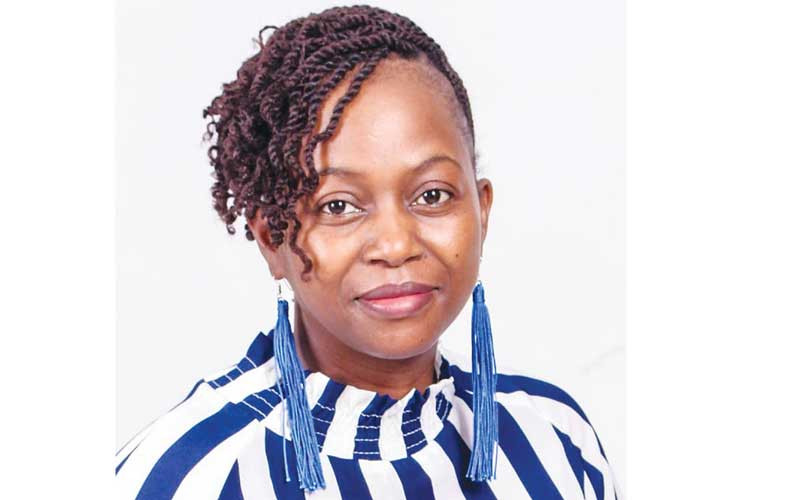
UMZINGWANE district in Matabeleland South province has set Africa Day (May 25) as the day for its annual cultural and arts festival.
Africa Day is the annual commemoration of the founding of the Organisation of African Unity, AU’s fore-runner, on May 25, 1963.
It is celebrated in various countries on the African continent, as well as around the world.
Umzingwane legislator Levi Mayihlome (Zanu PF) on Tuesday said preparations were at an advanced stage for the festival to be held in Sibomvu village in the district.
“The month of May is Culture Month in Zimbabwe. This year’s national event is going to be held in Binga on May 27 and will be officiated by President Emmerson Mnangagwa. In Umzingwane, we chose May 25 to be our annual Cultural and Arts Festival Day, coinciding with Africa Day holiday,” Mayihlome (pictured) said.
“To appreciate our efforts, the Matabeleland South Provincial Arts Council has decided to join hands with Umzingwane to make it a provincial event. We have invited the Youth, Sport, Arts and Recreation minister (Kirsty Coventry) to officiate at Sibomvu.
“All traditional leaders have been invited to grace the occasion. Dress shall be traditional African attire. We will showcase traditional dance, drama, poetry, artefacts, as well as serving traditional foods. Individuals and businesses have been invited to showcase and sell their own artefacts.”
Mayihlome said in spite of all their efforts, their budget was not enough to cover foodstuffs, attires, artefacts, instruments, and incentives for artists.
- What a taste of Africa
- ‘Communities must see value of wildlife’
- MP engages traditional leaders to fight moral decadence
- ‘Let us shun tribalism’
Keep Reading
“We do not feel or sense the vibe that Umzingwane is about to celebrate such an important event, or just one event in a calendar year we can all as a district call our own. The mood is too sombre and non-celebratory,” he said.
“Where are the jingles, where is the poetry, where are the attires, where are the phones in radio discussions or interviews, where are the contributions? We call upon all AmaNgwane locals and in the diaspora to identify with this event.”
He continued: “The cultural and arts festival is not about the member of Parliament and a few friends, it is not about politics, it is not about one or two wards contributing a few items of foodstuffs, it is about what the whole district is about.
“It is about who we were, and are as AmaNgwane, it is about showcasing our culture, traditions and values, it is the glue that binds us together, the naturalised Ngwane people and all those who have chosen to live in Umzingwane.”
Mayihlome said they could not be a proud people without an identity as it is about expressing themselves as a district.
“It is about our traditions and cultural values. It is about our history, our attire, food, dance, handicrafts, poetry and drama. It is about being AmaNgwane. If we cannot embrace this one day per year showcasing and expressing our cultural values, when and where shall we teach our children, how will our culture be preserved?
“Other societies have preserved their culture, food and even dress for thousands of years, and we fail to fulfil a one day expectation,” he said.
“The aloofness by the Umzingwane people to the call to all embrace and celebrate our culture is disappointing, let alone the contributions. Cultural festivals are not peculiar to Zimbabwe or Umzingwane. They are celebrated in Bulilima, Beitbridge, Insiza, Binga, Chiredzi, Murewa, Chimanimani, and beyond our borders in South Africa, Eswatini, Brazil, Cuba, Jamaica, Malawi, the United States, West Indies, India, China, Israel (Passover), Germany (Oktoberfest), the United Kingdom, France, Japan in different ways.”
Mayihlome said in other countries, they even had wine and beer festivals, reed festivals, initiation festivals, milk festivals (in Rwanda), jazz festivals, film festivals and harvest festivals, among others.
“So why do we as AmaNgwane seem so shy to express ourselves, our culture through art and tradition? Why are businesses shying away from participating through design and marketing memorabilia, artefacts, dressing and decorations to sell to locals and visitors?” he said.
“Once again, the festival is not about one person, it’s about a people, it’s local and international tourism. Can we imagine how Sibomvu and, indeed, the district tourism would develop with the festival being a regular and exciting event.
“Sibomvu and surrounding villages would have spin-offs from construction of hotels, foodstuffs, handicrafts, artefacts, etc? All tourist attractions in Umzingwane would be better known, artists would better known, curators, storytellers, writers, would develop, many side-show events would emerge ... if only each and every homestead contributed just US$1 or R2 per person, we could have sufficient finances to run the festival for two to three years.”
Mayihlome said the money would procure foodstuffs, hire equipment, attire and instruments for artists, cater for livestreaming and incentives for the artists.
He added that above all, they wanted to create a small fund to train artists, curators, organisers locally and maybe even send a few to Eswatini, South Africa or Brazil and Cuba for attachment during festivals so that they can upscale future events.
“Let us not be mean, let us play our roles to create an identity we all desire by embracing and contributing to the development of this day,” he said.







